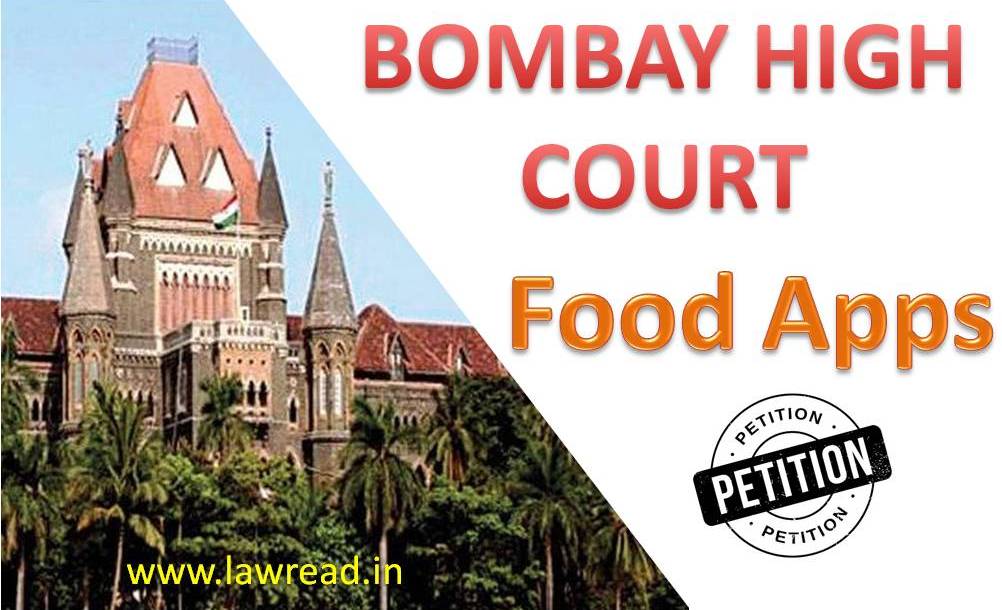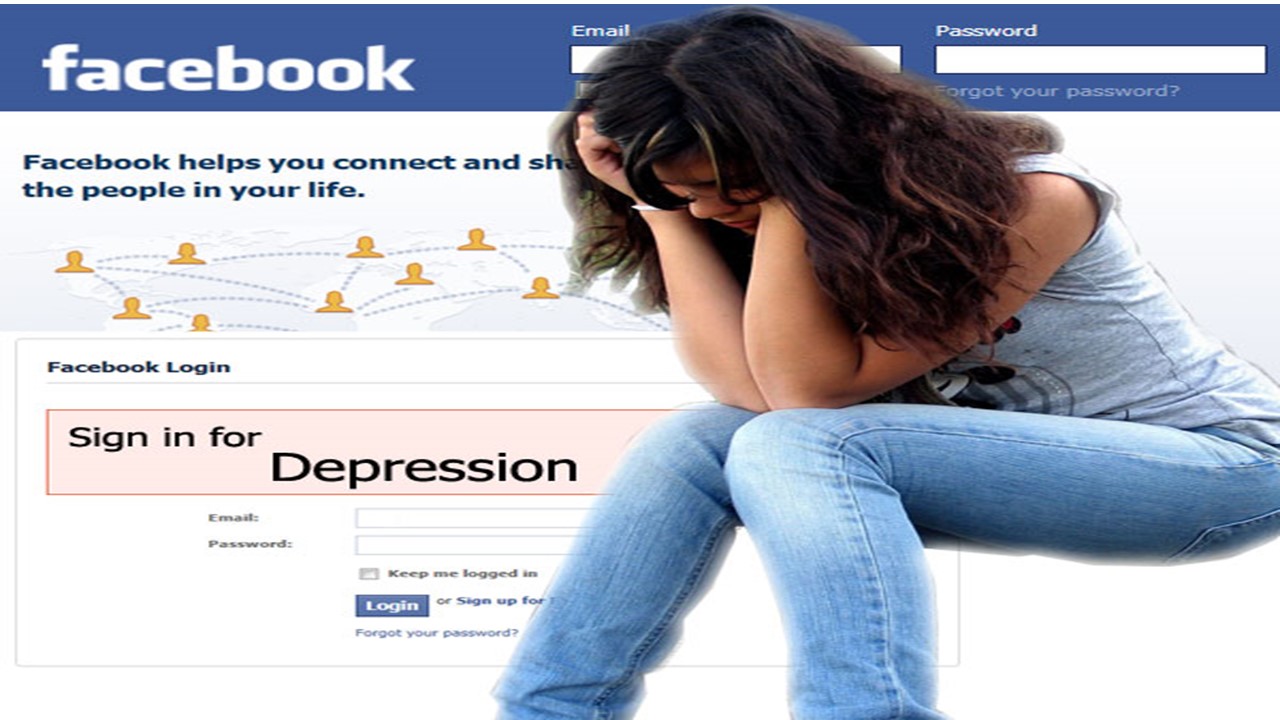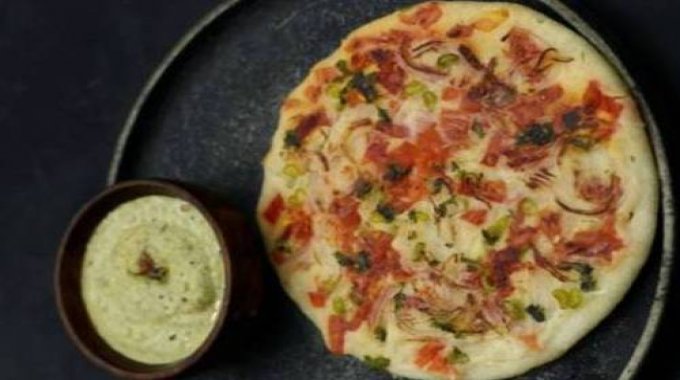PETITION AGAINST ONLINE FOOD DELIVERY APPS

In the case of Indian Hotel and Restaurant Association & Anr. v. Municipal Corporation for Greater Mumbai (MCGM) a petition has been filed stating that during the pandemic when restaurants were shut for public and only delivery of food was permitted through the delivery companies, a number of illegal food outlets sprung up on food delivery apps.
The Indian Hotel and Restaurant Association has filed a complaint in the Bombay High Court, alleging that meal delivery apps Swiggy, Zomato, and Dunzo are distributing food from unlicensed and illegal establishments that sprouted up during the COVID-19 outbreak. Members of the petitioner-association had invested a significant amount of money in their restaurant enterprises, as well as getting the required permits and adhering to statutory requirements on a regular basis, according to the complaint filed by Advocate Aditya Chitale.
During the COVID-19 shutdown, however, new unlawful unlicensed dining establishments sprung up all across Mumbai, doubling their sales.
During the epidemic, when restaurants were closed to the public and only delivery of food was allowed through delivery businesses, a large number of purportedly illegal food outlets with their menus appeared on delivery company websites and mobile apps.
The Association then sent a letter to the Executive Health Officer, expressing its displeasure with such unlawfully functioning dining establishments. As a result, the officer issued notifications to delivery businesses, instructing them to cease picking up and delivering meals from the allegedly unlawfully running dining establishments. The officer had given three similar notifications to senior police inspectors from the Khar, Bandra, and Santacruz police stations, directing them to take legal action.
The petition has sought to take necessary action against dining establishments that are functioning unlawfully in violation of the Mumbai Municipal Corporation Act; to take appropriate action against food delivery firms that provide services to unlawfully running dining establishments that do not have the necessary permits; to file criminal charges against the officials of the food delivery firms very away and conduct a comprehensive investigation; to ban unlawful sellers from operating and intruding on the operation of roadside spaces; to make it unlawful to sell LPG cylinders to unauthorized sellers and to take legal action against delivery company personnel who utilize non-commercial cars for business purposes.
A bench of Justices AA Sayed and Abhay Ahuja will hear the case on Monday, March 14th.







